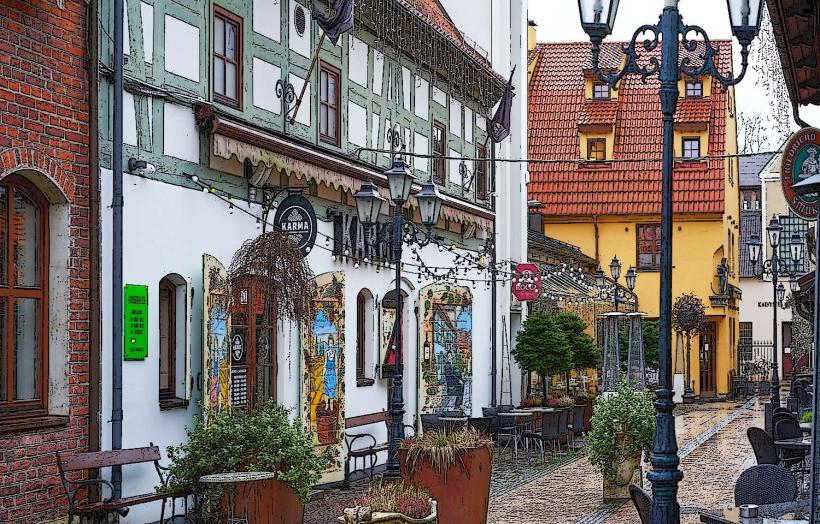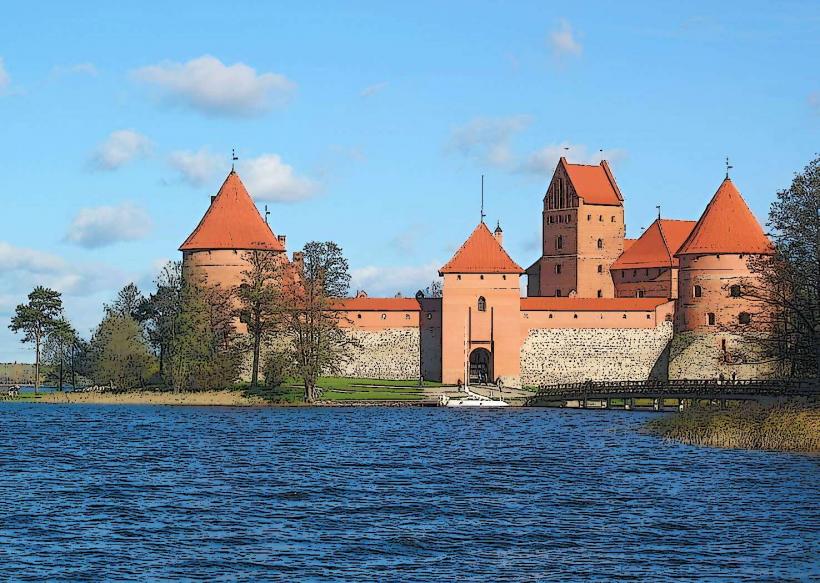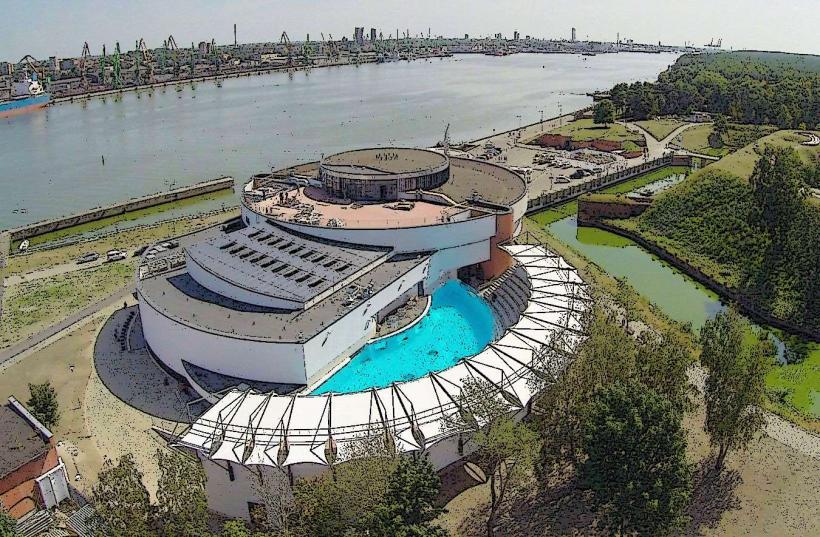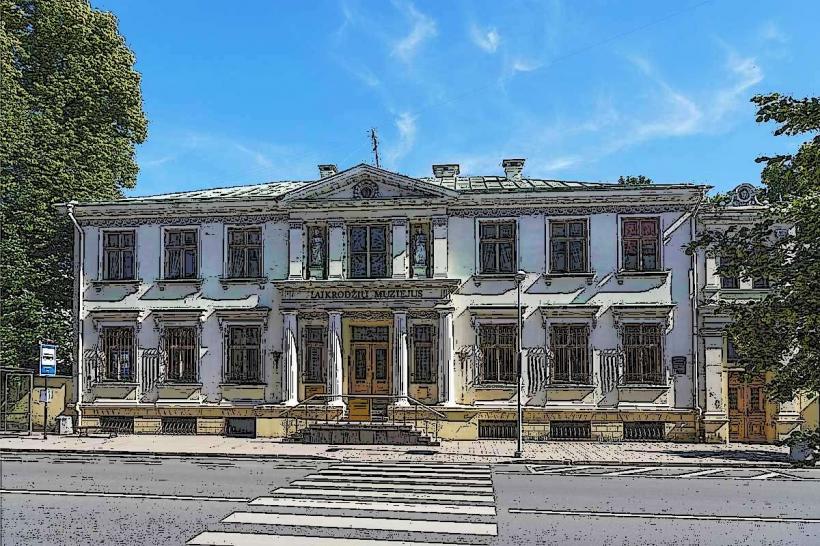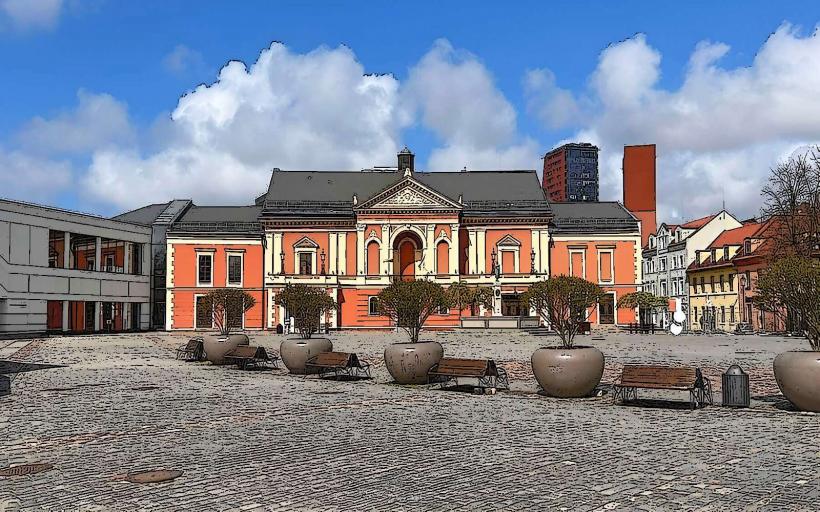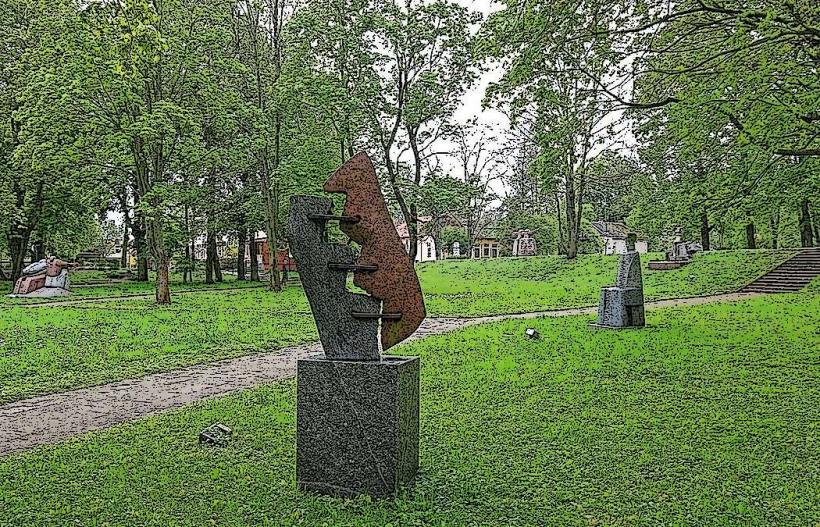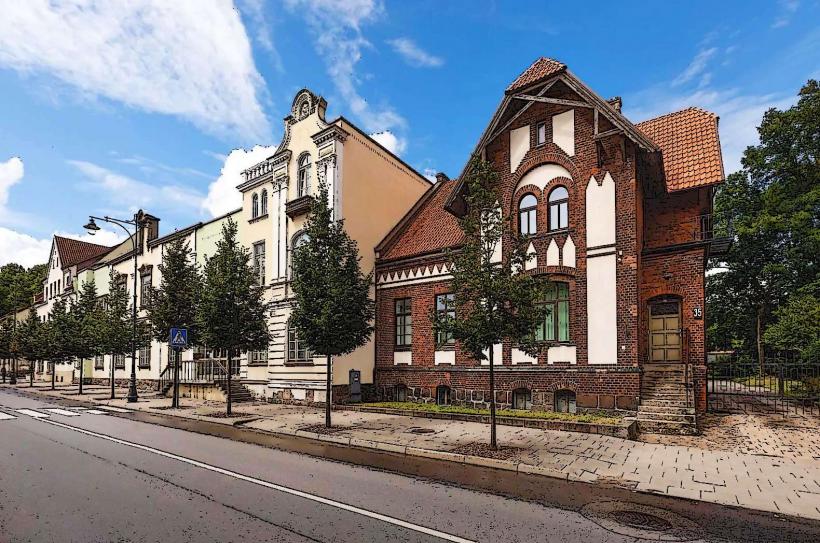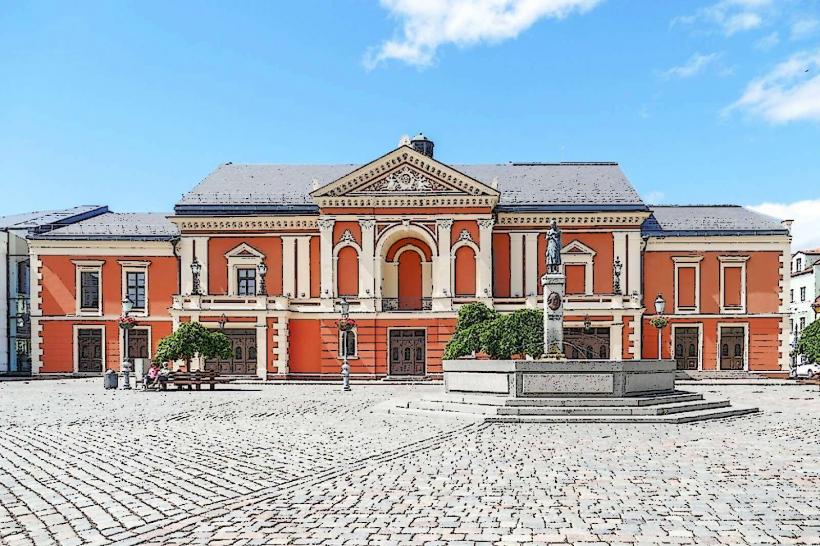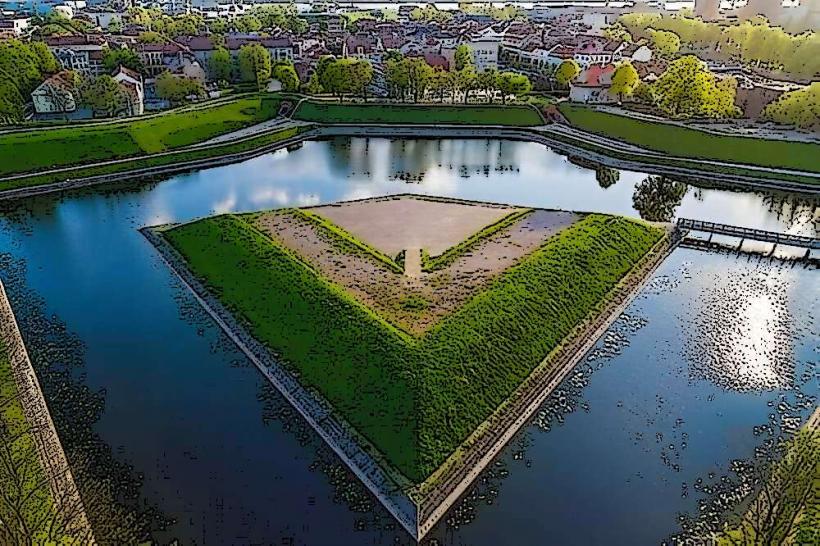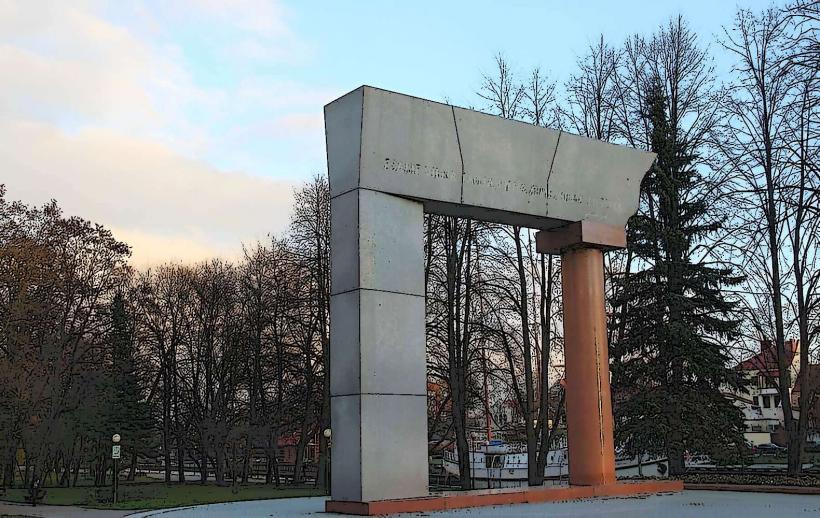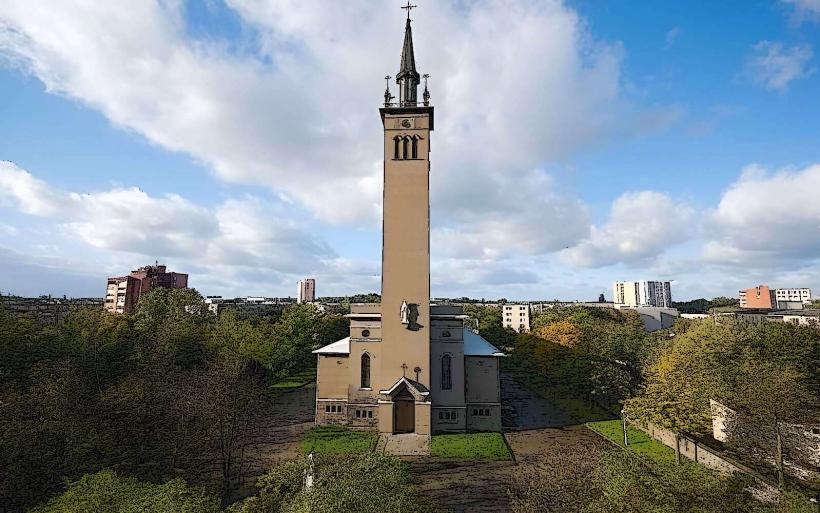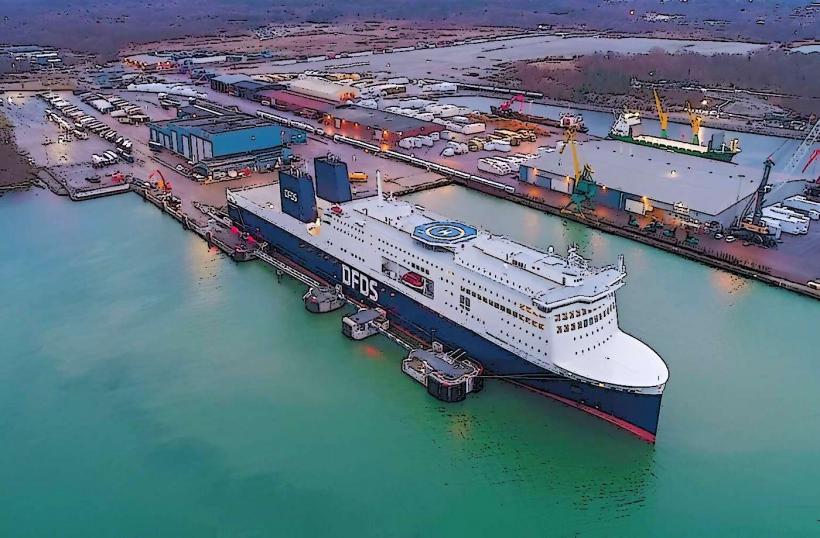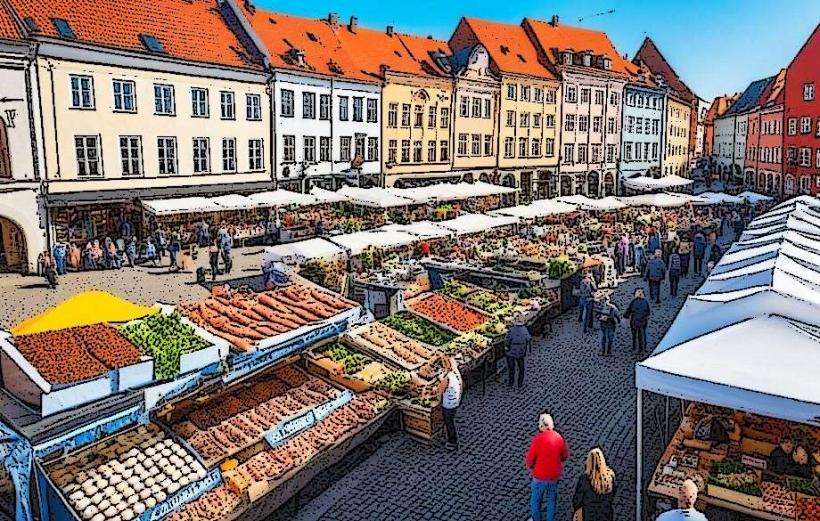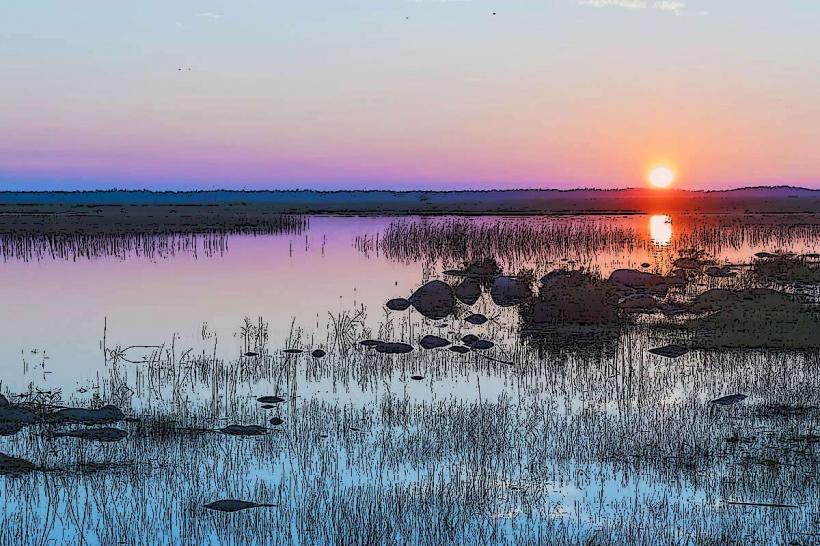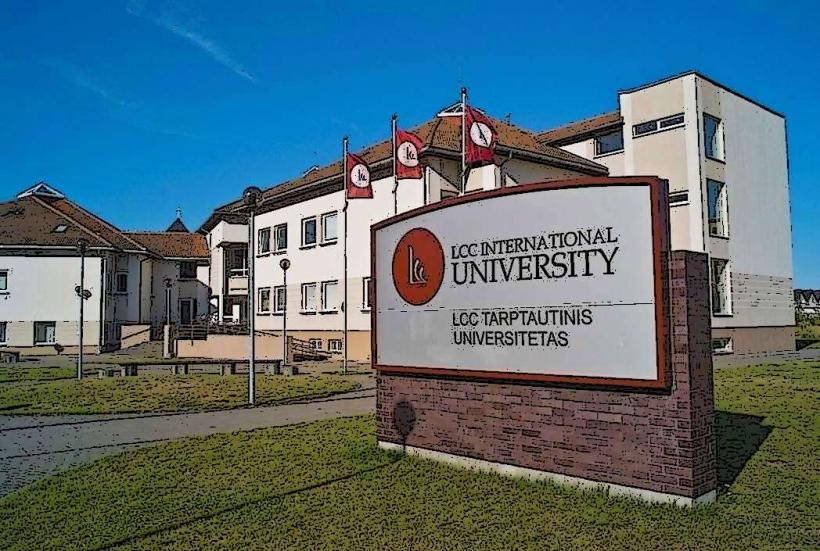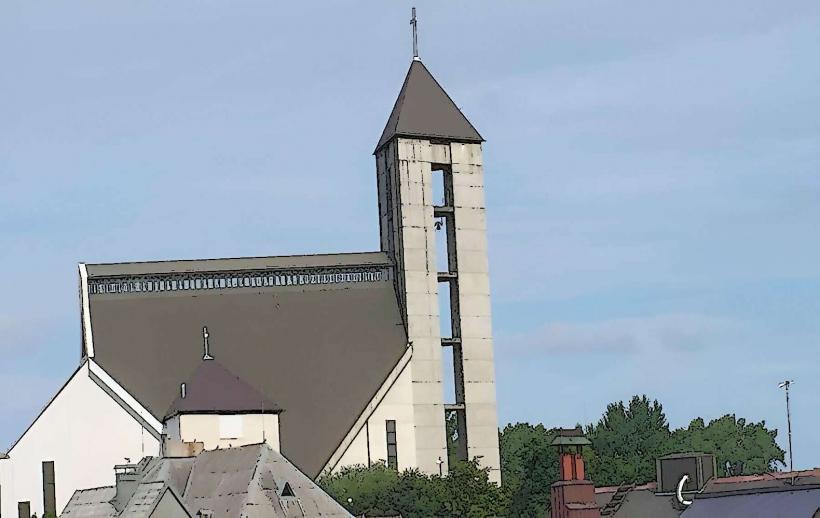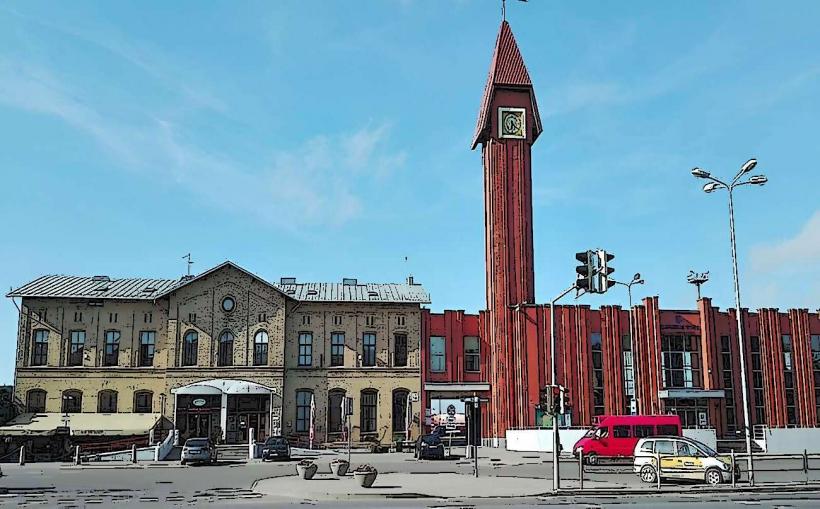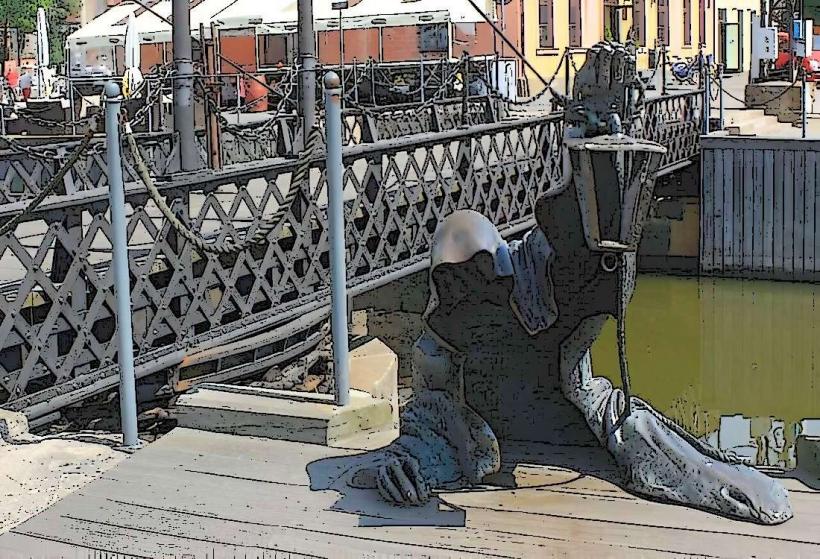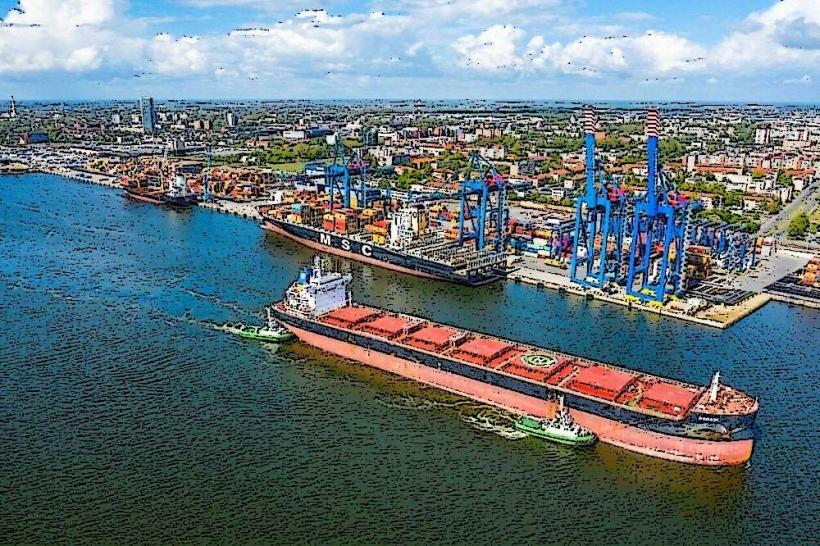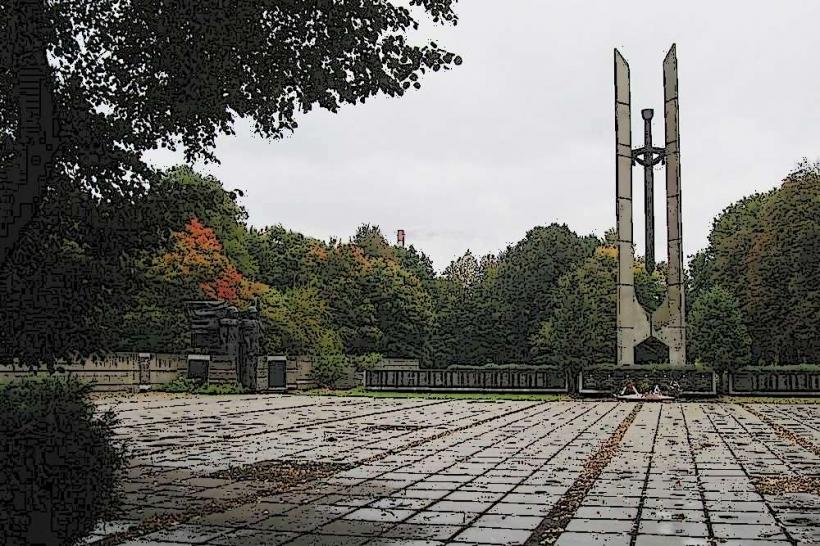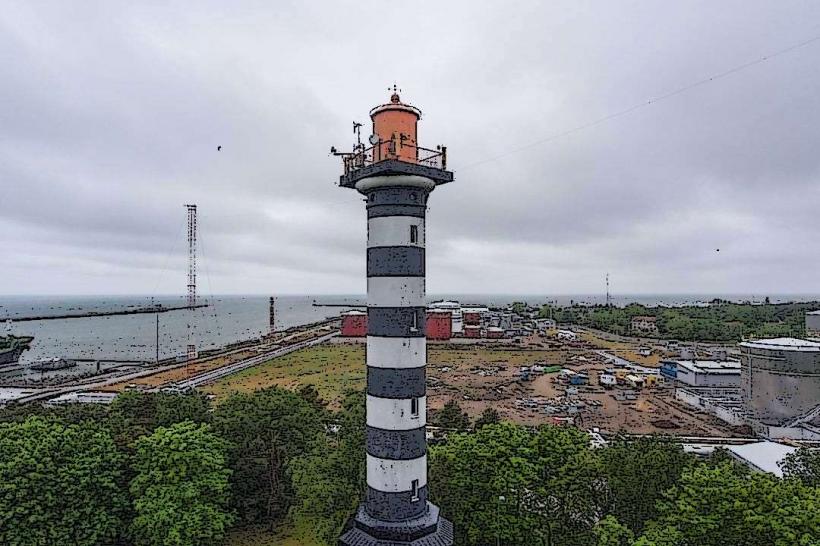Information
Landmark: Kursiu LagoonCity: Klaipeda
Country: Lithuania
Continent: Europe
Kursiu Lagoon, Klaipeda, Lithuania, Europe
Kursiu Lagoon (Kuršių marios) is a large, shallow body of water located in the Baltic Sea region, along the western coast of Lithuania. It separates the Curonian Spit (a narrow peninsula) from the mainland of Lithuania and forms a significant part of the coastal landscape in this area. The lagoon has been an important feature of the region’s history, ecology, and culture, offering natural beauty and serving as an economic resource for the local communities.
Overview:
Location: Kursiu Lagoon lies between the Curonian Spit, which is a UNESCO World Heritage Site, and the mainland of Lithuania. The lagoon stretches across parts of Lithuania and Russia (Kaliningrad Oblast) and is connected to the Baltic Sea by the Ballast Water channel.
Size: The lagoon covers an area of around 1,600 square kilometers, making it one of the largest lagoons in the Baltic Sea region. It is relatively shallow, with a depth of up to 5 meters in most parts.
Ecological Significance:
Biodiversity:
- The lagoon is an ecologically sensitive area home to a rich variety of species, both in its waters and along its shores. It is an important habitat for waterfowl, making it a key spot for birdwatching, especially during migratory seasons.
- The Kursiu Lagoon Biosphere Reserve protects many plant and animal species, including rare and endangered species such as the Curonian seal and various types of fish and invertebrates.
Fishery:
- The lagoon has historically been a center of fishing activities, particularly sturgeon and salmon fishing. Local communities have long depended on the lagoon for sustenance and trade. The lagoon continues to support a thriving commercial fishery industry, with local fish markets offering freshwater fish such as perch, bream, and pike.
Wetlands and Plant Life:
- The lagoon's shores are lined with wetlands and reed beds, which play an important role in water filtration and the local ecosystem. These habitats support various species of aquatic plants and serve as breeding grounds for birds and fish.
Historical and Cultural Significance:
- The lagoon has been a trade route and an essential resource for the people of the region for centuries. Its location between the mainland and the Curonian Spit has made it a strategic point for local trade and transport.
- Fishing villages along the shores of the lagoon, such as Nida and Juodkrantė, have historically depended on the lagoon for their livelihoods. These villages retain their traditional maritime cultures, with many still maintaining wooden houses and using traditional fishing boats.
- The lagoon and the Curonian Spit have been part of Lithuanian, Prussian, and Russian territories over the centuries, and this diverse history is reflected in the cultural heritage of the area. Fishermen's traditions, folk songs, and local crafts are a living part of the culture here.
Tourism:
Recreation:
- Kursiu Lagoon attracts tourists for its scenic beauty, tranquility, and rich history. Visitors can enjoy boating, kayaking, and sailing on the lagoon, as well as fishing and birdwatching. The calm waters and expansive views make it a peaceful destination for nature lovers.
Nature and Eco-Tourism:
- The Kursiu Lagoon Biosphere Reserve is an important site for eco-tourism. It offers several nature trails, allowing visitors to explore the diverse ecosystems around the lagoon, including its wetlands, forests, and shores.
- Birdwatching is a major activity around the lagoon, as it is a key stopover point for migratory birds along the East Atlantic Flyway. The region is home to numerous bird species, including herons, swans, and various waterfowl.
Cultural Heritage:
- Visitors can explore the rich cultural heritage of the area, with the nearby towns of Nida and Juodkrantė offering museums, galleries, and traditional wooden houses. These towns have also become popular tourist destinations for their tranquil atmosphere and historical significance.
Cycling and Hiking:
- The Curonian Spit National Park, which borders the lagoon, is a popular destination for cycling and hiking. There are many well-maintained trails that run along the lagoon, offering stunning views of the water and surrounding landscapes.
Environmental Challenges:
Pollution:
- Like many bodies of water, Kursiu Lagoon faces challenges related to pollution, particularly from agriculture and industrial activities in the region. Efforts are being made to manage and reduce the impact of pollution through sustainable land and water management practices.
Invasive Species:
- The introduction of invasive species into the lagoon has been a concern. Measures are being taken to monitor and control the spread of non-native species that can disrupt the delicate ecosystem.
Climate Change:
- As with many natural environments, Kursiu Lagoon is affected by climate change, which could lead to rising water temperatures, altered fish populations, and changes in the plant and animal life in the lagoon.
Unique Features and Attractions:
- The Curonian Spit:
- The Curonian Spit, a narrow strip of land separating the lagoon from the Baltic Sea, is a UNESCO World Heritage Site and a popular tourist destination. The spit is known for its sand dunes, forests, and picturesque villages like Nida. The lagoon provides a stunning backdrop to the spit, making it a must-see for visitors exploring both the land and water.
- Historical Sites:
- Along the shores of the lagoon, visitors can find historical fishing villages, churches, and museums that tell the story of the region’s maritime history, fishing traditions, and cultural evolution. The Hill of Witches near Juodkrantė is a notable cultural site, featuring sculptures from Lithuanian folklore.
Conclusion:
Kursiu Lagoon is a significant natural and cultural landmark in Lithuania, offering breathtaking landscapes, rich biodiversity, and a unique historical heritage. Whether it’s exploring the quaint fishing villages, enjoying the natural beauty on the water, or learning about the region’s ecological and cultural importance, the lagoon is a central feature of Klaipėda’s coastal landscape. Its importance to Lithuania’s maritime heritage, combined with the recreational and ecological opportunities it provides, makes Kursiu Lagoon a key destination for both locals and tourists.

